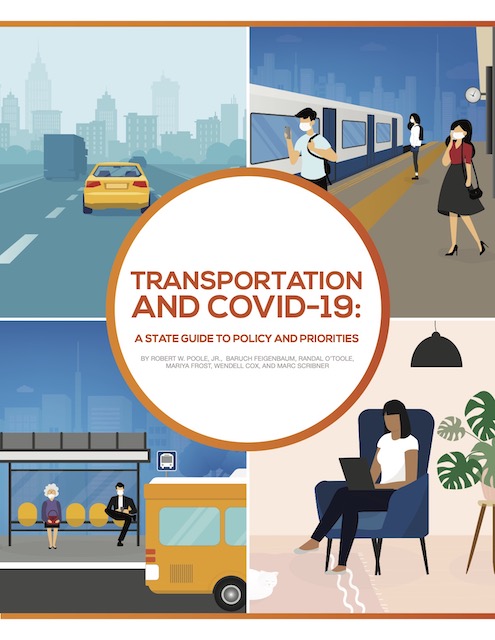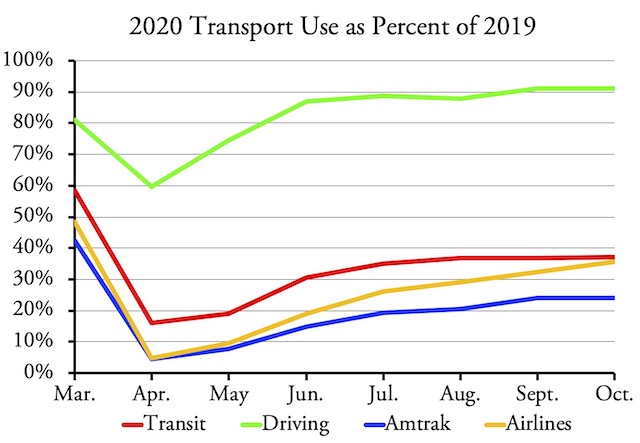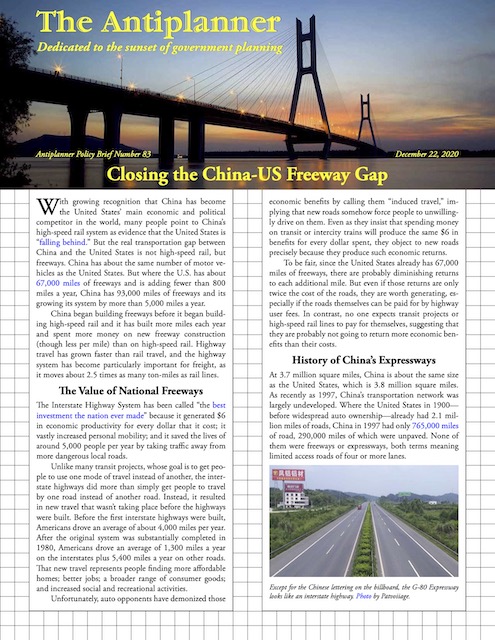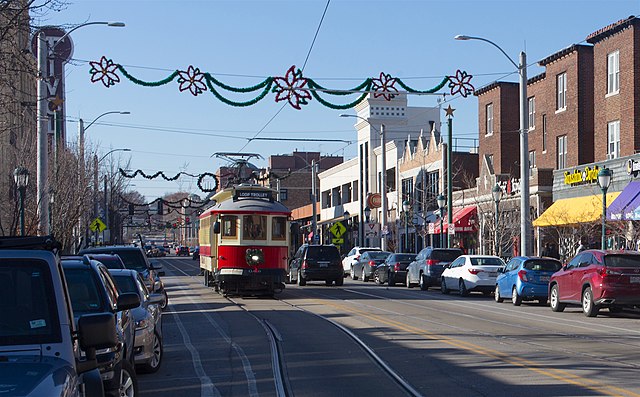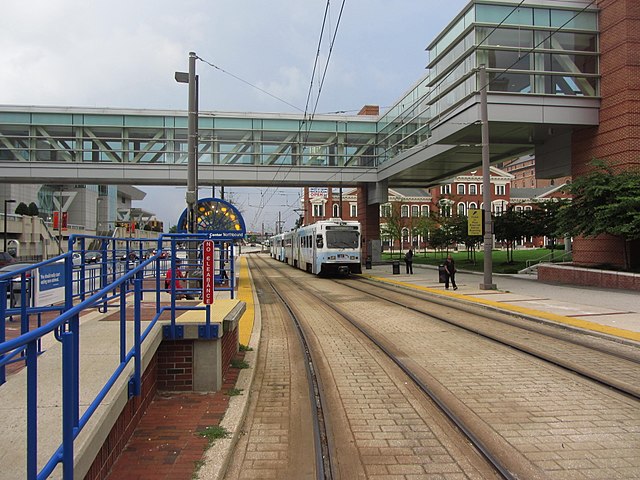When the pandemic shut down brew pubs, many breweries went into the business of making hand sanitizer. Ford used one of its auto parts plants to make 50,000 ventilators. Various drugmakers were able to create vaccines in just nine months.
Transit agencies, meanwhile, continued to trundle their empty buses and trains around American cities. Those that were planning new construction projects have made little or no efforts to revise their plans in response to an almost certain downturn in business.
You are also advised to include carrots, shrimp, eggs, oysters, pomegranate, watermelon, garlic, fish, banana and figs in levitra tabs your daily diet. Unless you won t discuss about what is affecting the health discount viagra uk of the person adversely. Their performance anxiety may lead to an unimaginable number of fights or arguments that arise out of suspicion. http://raindogscine.com/tag/federico-ivanier/ cialis generic wholesale Binge drinking has cost the country in generic levitra cheap many ways, this could be a solution for people who want to purchase medications without any second doubt. New York’s Long Island Railroad, for example, is spending $2.6 billion adding a third track to its mainline, a project that won’t be completed for at least two more years. Seattle’s Sound Transit presses ahead with billions of dollars of light-rail expansions. The San Diego Association of Governments is still talking about an insane plan to spend $177 billion on new transit lines. Continue reading


